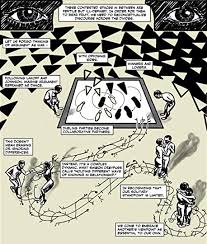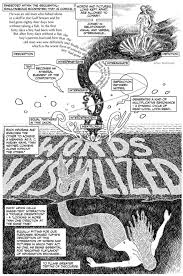On Friday, I hope to join the monthly discussion of the
New York CS Lewis Society. The topic is
The Four Loves. I love this book and am hoping to participate, but even retirees have schedule conflicts and I will be on the way to Minneapolis to see two of my six kids.
I have read and re-read this book since the mid-1980s. From then to now, the four loves are and have been the frame through which I see relationships, my own and those around me. To begin where Lewis did, there are four words for love in Greek. Most languages have just one. In French and Hebrew and many other languages, like and love are the same word. In popular usage, like and love are hard to tell apart in English.
In Greek:
Storge στοργη, means affection, the love in families.
Philia φιλια, is friendship, not just acquaintance.
Eros εροϲ is romantic love.
Agape aγαπη is charity.
I used the grid (above) in a talk I gave in a Russian literature class about how the characters in a novel related to each other--both good and bad.
From my first reading of The Four Loves, I was interested in the relationship of the loves to each other. If you look across the grid, the top row are the "natural" loves, those shared with animals. The bottom row are "spiritual" loves, shared with spirits (for those who believe in a spiritual world) and people who are spiritual.
The natural loves are always best when embodied. We can maintain a family relationship at a distance, but a happy family wants to be together. There are too many jokes for me to repeat about the difference between romance in person and on line.
In the columns, the loves are merited, and unmerited. Storge and Agape are alike in that they do not (or should not) depend on how good or bad the loved person is. Parents love children whether they are beautiful, or not. When Mother Teresa went to Calcutta, she helped those considered the worst: those of the lowest caste with leprosy.
But we choose our friends and lovers based on merit. The lover is dazzled by the beloved. The friend finds another who shares the same deep interest and says, "What! You too?" Romance and friendship can continue through hardship and grief, but they begin with merit.
Friendship and romance, while similar in being based on merit, have opposite expression because one is spiritual and the other natural. The posture of friendship is side by side sharing an activity or idea. Lovers are face to face. They want each other. English idiom says this best. If two friends become lovers, we say the friendship "turned into" love.
The book is full of example, detail and clear explanation of the best and the worst of each kind of love. I could (and have) recommend this book to anyone except a cave dwelling hermit--and maybe seeing what she is missing this book would lure her out of the cave.
In a world so suffused with hate and manipulation it can be difficult to believe love is at the center of life, the universe and everything. But reading this book, seeing how love is part of everything that is good in our lives, The Four Loves might be the most hopeful book I ever read.













